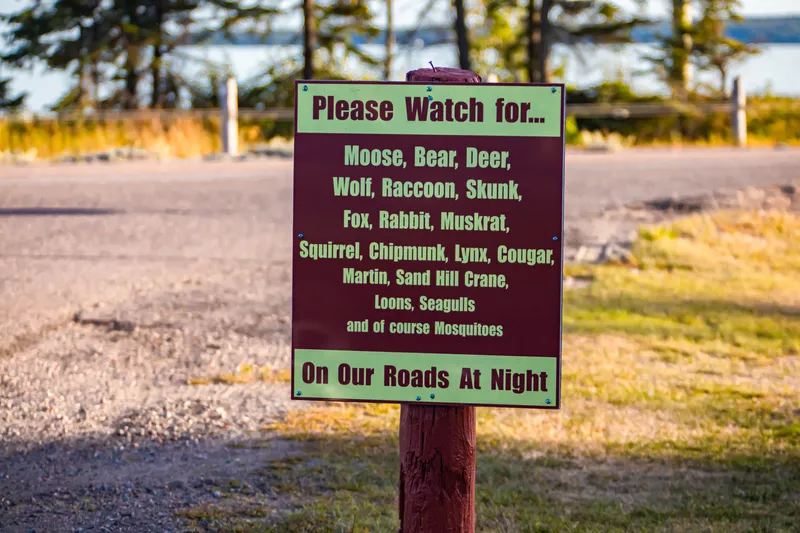From New Zealand comes the news that three dogs have been taught to drive a car. The dogs came from an animal shelter and were taught to drive so as to highlight their intelligence. The vehicle used had a number of special features to allow the dogs to steer with their paws.
May 24, 2013
Read time: 1 min
From New Zealand comes the news that three dogs have been taught to drive a car. The dogs came from an animal shelter and were taught to drive so as to highlight their intelligence. The vehicle used had a number of special features to allow the dogs to steer with their paws.








